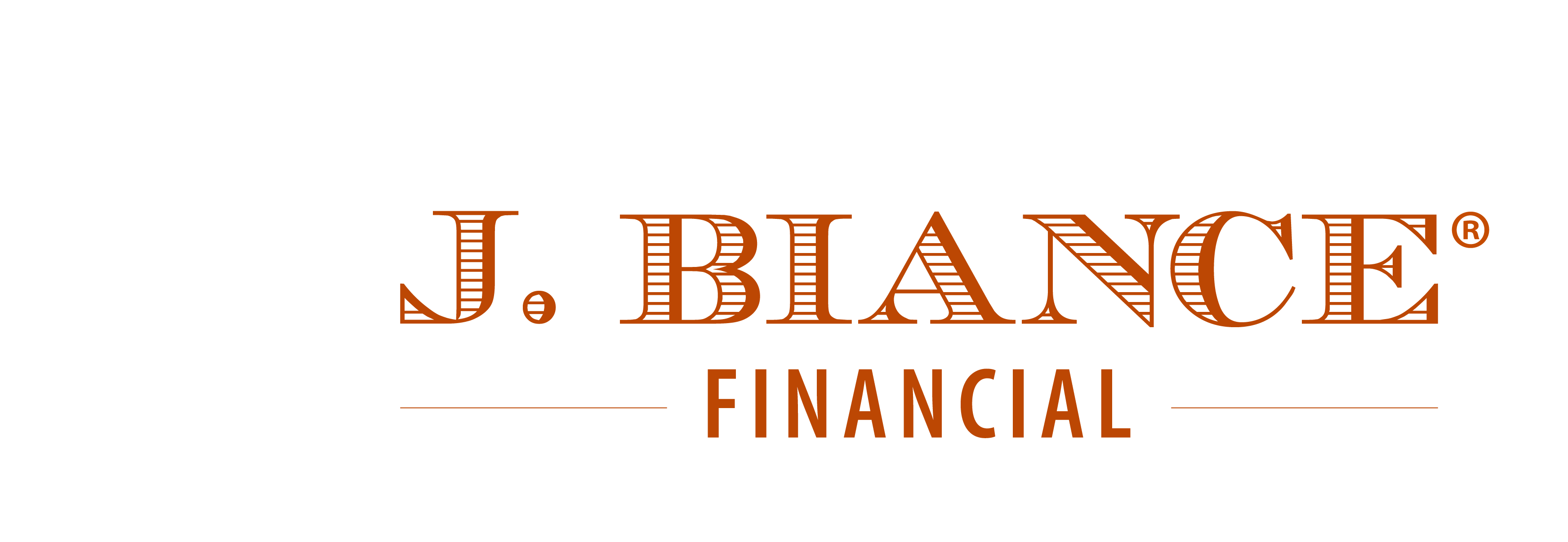My Grandfather lived in my childhood home from when I was about 8 years old. He was an old school Italian who loved to watch boxing and listen to the famous tenors like Mario Lanza and Jerry Vale. I will always remember a funny story he would tell about prohibition.
He grew up in a small place called Middletown, Connecticut. When he was about nine or ten years old, his Dad would send him on a “run”. He would go across town to an apartment door and say a password. The person on the other side would give him ‘white lightning’ or grain alcohol. He would go home, the family would clean the tub really well, and then make whiskey. They were not big-time bootleggers, just a middle-class family saving some money by making their liquor instead of buying it on the black market.

Perhaps the most famous character of this Prohibition time period was Alphonse Gabriel Capone, better known as “Al Capone”. Capone knew how to play the role of famous mobster and understood public relations. Before the Valentine’s Day massacre, he was mostly loved in his home community due to his charitable acts that were highly publicized.
When the federal government finally caught up to him, it wasn’t the FBI or the DEA, it was the Internal Revenue Service (IRS). The menacing Al Capone was taken down by a bunch of accountants. That must really give the ego of a gangster a punch in the gut.

Al Capone did not want to pay taxes and most Americans don’t want to either. However, we must obey the law. Then the question becomes, how do we avoid taxes, legally? To answer that question, we need to look at taxes the way the IRS looks at taxes.
Most all investment accounts fall into one of three Tax Buckets.
Tax-Deferred: These are typically retirement accounts on which we have not paid income taxes. Some examples are 401(k), IRA, 403(b), 457, 401(a), SEP, SIMPLE, etc. When you look at the value inside of this account always remember that this is not all your money, due to taxes.
Taxable: These are after-tax accounts that are sometimes also referred to as “non-qualified” accounts (think non-retirement accounts). Most people have Taxable accounts due to excess savings, proceeds from the sale of real estate, inheritance from a family member, etc. In these accounts, if we realize interest, dividends or capital gains, we then have to pay taxes on the gains. If we withdraw a portion of the principal, we do not have to pay taxes on that portion.
Tax-Free: These are sometimes referred to as the “holy grail” of accounts. These accounts can grow tax-deferred which means as we earn money from year to year, we defer paying taxes. If certain conditions are met, we can then pull those funds out, tax-free. In the words of my late Grandpa Carta, we get to tell the IRS to “go take a walk.” Some examples of accounts or assets that can fall into this category are Municipal Bonds, Roth IRA’s and certain strategically structured insurance products.

In regards to tax laws, it has been a busy few years with the Tax Cut and Jobs Act (TCJA), the SECURE Act and the CARES Act. Each of these affect retirees and pre-retirees in different ways. However, I would like to highlight specifically the Tax Cut and Jobs Act, which lowered income taxes for both corporations and individuals.
This legislation ushered in a new window of opportunity of lower tax rates compared to historical levels. In layman’s terms, taxes are on sale. This can create a lot of opportunity for couples and individuals to pay lower taxes to the federal government.
We want to also look at what would be the best strategy, long-term. Here I am referring specifically to the surviving spouse(which often times is the wife). For example, a widow will file a individual(single person) tax return, not married filing jointly like when her husband was alive. This means a widow could pay higher income taxes due to this new single filer status.

It can be very beneficial for retirees to look at ways to protect the surviving spouse from unnecessary tax burdens. An understanding of taxes and designing a custom plan can help everyday Americans keep more money in their pockets. If you do not have a comprehensive tax strategy within your overall retirement plan, I encourage you to ask yourself, “why don’t I have one?”
That’s my 2 cents.
Investment advisory services offered only by duly registered individuals through AE Wealth Management, LLC (AEWM). AEWM and J Biance Financial are not affiliated companies. Investing involves risk, including possible loss of principal. No investment strategy can ensure a profit or guarantee against losses in a declining market. Insurance and annuity guarantees are backed by the financial strength and claims-paying ability of the issuing company.Our firm does not provide and no statement contained in the guide shall constitute tax advice. All individuals are encouraged to seek the guidance of a qualified tax professional regarding their personal situation

